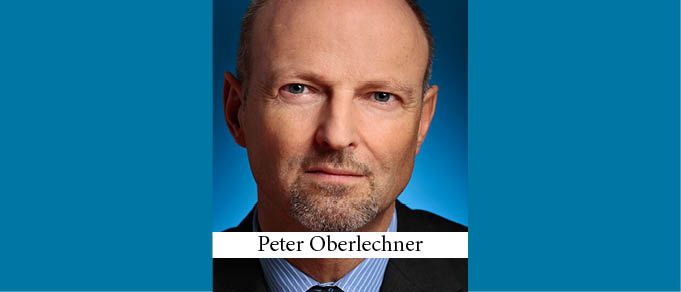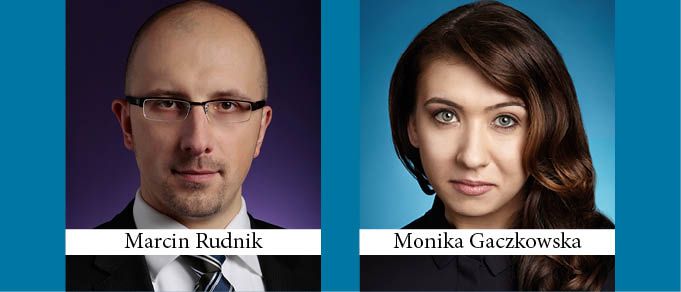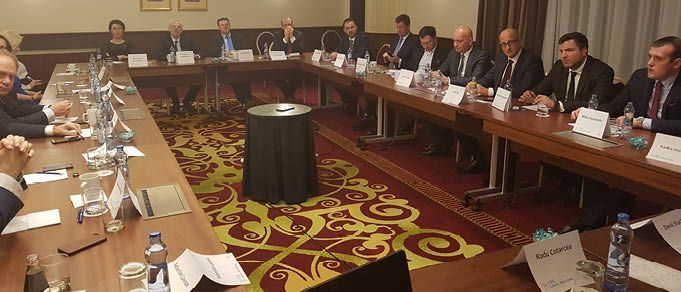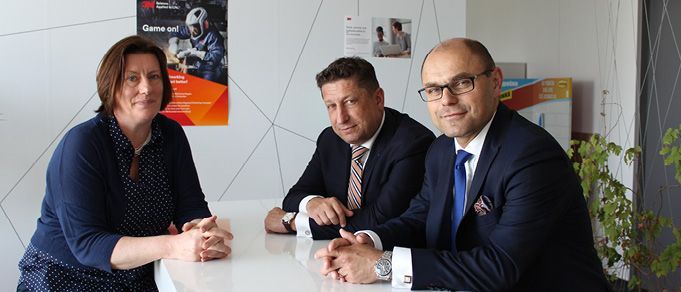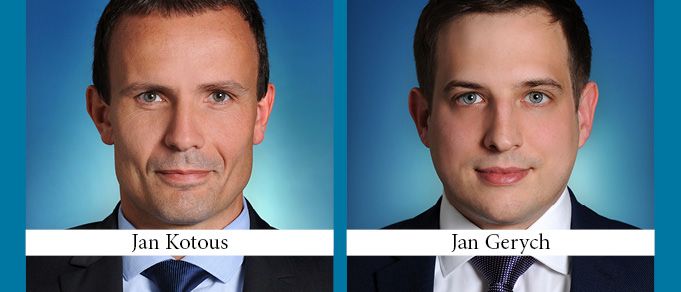A new buzzword has reached the Real Estate world and its service providers, including the legal community: “PropTech.” PropTech – or “Property Technology” – is simply shorthand for various IT applications that are specifically designed to address the needs of the real estate industry.
Upcoming Changes to the Polish Industrial Property Law
More than two years ago a new system for examining trademark applications was introduced in Poland. The purpose of the so-called “opposition system” was to adapt Polish regulations to EU and international regulations and the jurisprudence of the EU Court of Justice.
Significant Changes on the Hungarian Renewables Market: New Limitations and Opportunities
While no more applications for Micro Projects (those below 0.5MW) can be submitted under Hungary’s very generous mandatory off-take system since the end of April 2018, the Government seems to have acknowledged that the projects already licensed under the subsidy regime may not be physically implemented within the strict deadlines set forth in the original legislation. Therefore, it is now possible for entities that applied for licenses after January 1, 2016 to ask for a three- years extension to complete their projects without any sanction. This is good news for license-owners and potential investors, as they have a reasonable amount of time to manage the relatively burdensome permitting proceedings and can also secure project finance. This is also good news for the Hungarian state budget because the first heavy payments to the projects under the mandatory off-take system will be delayed by a few more years.
Now or Never: The Looming GDPR Deadline
The European Union’s General Data Protection Regulation is, according to the EU-hosted GDPR website, “the most important change in data privacy regulation in the past 20 years.” The Act, which was approved by the EU Parliament on April 14, 2016 and will become fully effective on May 25, 2018, was designed “to harmonize data privacy laws across Europe, to protect and empower all EU citizens’ data privacy, and to reshape the way organizations across the region approach data privacy.”
Smiles from the Middle of Europe: Good Times in Austria
Unlike those of its neighbours to the East, Austria’s economy was allowed to operate free of communist interference, allowing the country to hit well above its weight, comparatively-speaking. Thus, although Austria is the 11th biggest country in CEE in population, with 8.7 million people, it has the third largest economy, behind only Russia and Poland. And these days, with the global financial crisis now firmly in the rearview mirror, the country is once again able to capitalize on its happy geographical positioning and historical relationship with the former members of the Austro-Hungarian empire.
The Corner Office: Your Favorite Class
In The Corner Office we ask Managing Partners at law firms across the region important questions about their unique roles and responsibilities. The question this time around: What was your favorite course in law school, and why?
Eager for the EU: Macedonian and Albanian Lawyers Look Forward
The western Balkan countries of Albania, Bosnia and Herzegovina, Kosovo, Montenegro, Serbia, and the Republic of Macedonia share the desire to join the European Union. Two of these countries — Albania and Macedonia — are particularly close to accession. we spoke to several lawyers to learn more about how accession could affect the business landscape and the work of lawyers in the two countries.
A Decade After Independence: Hope, Dissapointment, and Potential in Kosovo
Kosovo declared its independence on February 17, 2008, nine years after the 1999 conclusion of its conflict with Serbia, during which time it operated under the protection of the United Nation Mission in Kosovo. The post-war climate in the country was full of hopes for new beginnings, and in 2008 the newly sovereign state began the process of establishing effective and fair legislation, developing an independent economy, and building a protective environment for its citizens.
The Corner Office: Associate Mistakes
In The Corner Office, we invite Managing Partners at law firms from across the region to share information about their careers, management styles, and strategies. Our question this time: “What mistake do young associates commonly make that is most frustrating for you?”
Not Convinced: Romania’s Lawyers Worry That Economic Indicators Paint a Misleading Picture
Although Romania claims the highest GDP growth rate in Europe and a low unemployment rate, all is not rosy in the seventh most populous member state of the European Union, and prominent lawyers in the country admit to profound dissatisfaction with the country’s leadership and concern about its long-term prospects.
Experts Gather in Prague for CEE Legal Matters’ Annual Year-End Round Table
On Thursday, November 30th, leading legal practitioners from across Central and Eastern Europe gathered in Prague to help CEE Legal Matters celebrate its fourth successful year as the leading chronicle of the legal industry in the region, participating in an expert Round Table conversation about the year just concluded and enjoying an evening of dinner, drinks, and bonhomie.
A Strong Response to Corruption in Poland
The Polish Government has recently presented a draft Program on Fighting Corruption for 2018 through 2019. This is another step in the ongoing effort to introduce legal mechanisms aimed at reducing corruption in Poland. The process of systematically fighting corruption started several years ago, and it has allowed Poland to move from 43rd place in the Transparency International Corruption Perceptions Index in 2010 up to 29th place in 2017. The aim of the contemplated regulations is to push Poland further up the ranking and continue its transition to a true western-style economy.
Chairman Views
Slaughter and May and Wolf Theiss were the two Chairman Sponsors of the 2017 General Counsel Summit in Warsaw, and the individuals from both firms who actually chaired the proceedings – Jonathan Marks, Partner at Slaughter and May on Day 1 and Ron Given, Partner at Wolf Theiss on Day 2 – were kind enough to speak with us about their involvement at the event.
We Came, Warsaw, Warconquered: The Third Annual CEE General Counsel Summit Convenes in the Polish Capital
This year’s General Counsel Summit – the annual gathering of leading in-house counsel from across Central and Eastern Europe – convened in Warsaw, on June 1-2.
Face-to-Face: Jan Myska and Petr Syrovatko of Wolf Theiss and Edit Rosta of 3M
Who knows more about lawyers than other lawyers? In the Face-to-Face feature, we step back and allow private practitioners to sit down directly with in-house counsel to discuss their challenges, strategies, and solutions.
The Corner Office: The Least Favorite Thing
In The Corner Office, we invite Senior and Managing Partners at law firms from across the region to share information about their careers, management styles, and strategies. For this issue, we asked them to describe their least favorite part of their jobs.
Recent Developments Regarding Polish Anti-Avoidance and Anti-Hybrid Measures: The Fight Against Tax Dodging Gathers Steam
The OECD’s Base Erosion and Profit Shifting (BEPS) Project
A few years ago OECD and G20 Leaders noticed that the international tax landscape had changed dramatically. The financial crisis and aggressive tax planning by multinational enterprises had resulted in significant losses to state budgets, and perceived tax evasion had become part of the political agenda. Consequently, joint actions were taken to increase transparency and the cross-border exchange of information in tax matters and to address the weaknesses of an international tax system that had created opportunities for questionable tax tactics.
Large Body of New Regulation to Affect Financial Services and Data Protection
Legislators on both the European and Czech level have been active in adopting new regulations that influence several areas of the modern economy. Financial services, with consumer finance on one side and markets in financial instruments on the other, have been at the center of these efforts. Financial regulation is not, however, the only measure heavily affecting banks, investment firms, and FinTech companies by putting new compliance requirements in place. Another huge legal instrument – the General Data Protection Regulation adopted on the EU level in 2016 – imposes new requirements on all companies dealing with personal data.

